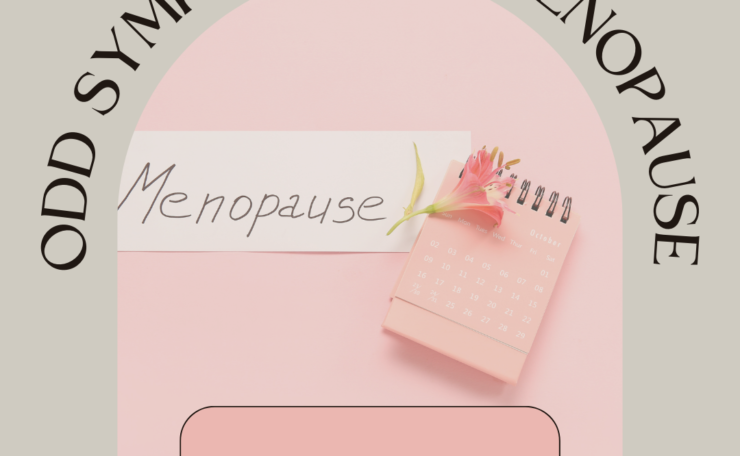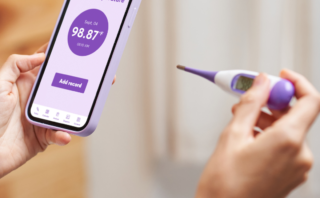Week 2 – Menopause and Burning Tongue and Electric Shock Sensation
Welcome to Week 2!
Today we will be talking about burning tongue and electric shock sensation. Have you experienced these?
Menopause and Burning Tongue
Burning tongue manifests as a sensation of burning, tingling or tenderness in the mouth without any signs of other irritation. This is an uncommon symptom of menopause but is prevalent in older women. This may come and go and predominantly affects the front to the tip of the tongue.
Can Hormonal Imbalance Cause Burning Tongue?
Root causes of burning tongue are not very understood. There is a link to a drop in estrogen levels making hormonal imbalances a possible contributing factor. The decline of estrogen during menopause can lead to changes in the oral mucosa and decrease salivary flow leading to a dry mouth and burning tongue.
How Do You Relive Burning Tongue Syndrome?
Management of burning tongue usually entails addressing the underlying hormonal imbalance. Medical support may include benzodiazepine or antidepressants that could help reduce pain. Women should also avoid acidic foods and drinks as well as tobacco and alcohol which can irritate the mouth lining further.
Capsaicin, a component of chili peppers, has been shown to provide relief for some individuals when applied topically. Other remedies such as supplementing with alpha lipoic acid, a potent antioxidant and vitamin B complex may also help aid in symptom management.
Tips For Burning Tongue Syndrome in Menopause
- Avoid eating or drinking acid or spicy foods
- Avoid alcohol and tobacco
- Applying topical capsaicin may offer relief
- Vitamin B Complex and alpha lipoic acid supplements
Menopause and Electric Shock Sensation
Women have described electric shock sensations as zaps of electricity passing through their bodies especially right before a hot flash. Estrogen works closely with your nervous system and when levels are low it can cause misfiring of nerve signals. This miscommunication may lead to electric shock sensations.
Some women say they experience electric shock during perimenopause through menopause. The discomfort of this can cause you to feel anxious or worried.
Are Electric Shocks Normal in Menopause?
Estrogen works closely with your nervous system so low levels may cause misfiring of nerve signals causing electric shock sensations. Other medical conditions like vitamin B12 deficiency, type 2 diabetes or multiple sclerosis may also cause electric shock sensations. So make sure you rule out these causes.
How Do You Stop Electric Shock Sensations?
You can start managing sensations after ruling out other reasons for your electric shock sensations. Start with managing them with lifestyle changes and supportive supplements. Lower stress and support adrenal glands which are responsible for the production of cortisol and other stress hormones. These stress hormones have a direct effect on the nervous system health. This can be done with mind-body practices like yoga, meditation and mindfulness, optimizing blood sugar balance through diet and avoiding excessive caffeine and alcohol.
Magnesium is an essential nutrient involved in nerve and muscle functions and supports relaxation. You can take magnesium supplements, eat foods high in magnesium like dark leafy greens, nuts and whole grains or try topical magnesium oil to soothe nerve discomfort.
Tips for Electric Shock Sensations in Menopause:
- Rule out underlying causes
- Stay hydrated and avoid excess alcohol or caffeine
- Try mind-body practices that reduce stress
- Stop smoking
- Check your vitamin B12 and consider supplementing
- Consider a magnesium supplement or epsom salt soaks
- Get quality sleep
- Eat a nutrient dense, blood sugar balancing diet
For more help with these or any menopausal symptoms, set up a complimentary call to discuss your particular concerns. Learn more about my menopause program or if you are ready to start resolving your issues you can here.






